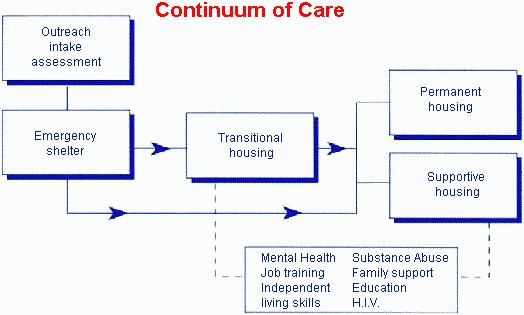Slaves to Jesus or Slaves to Sin?
How can I stop sinning? It seems like I am always confessing my sins and yet they never go away. What am I doing wrong?
This is a really loaded question, especially since we are not perfect individuals and we are all sinners. We will always have sin in our life and we will sin. But this certainly doesn’t mean that some of us are not good people. It means that we don’t understand the logistics of sin and how it all works in our life.

There are some people who actually think they never sin. But this is not true. The idea that one does not sin is absolutely ridiculous. Even if a person were locked up in a closet unable to get out and go anywhere, he would be sinning with his thoughts! The person who thinks he does not sin would also then believe he doesn’t have to pray, confess and repent either.
Still, there are others who continue practicing the same sin over and over and because they confess that sin over and over they think they are Christ Ones and are going to heaven. But this is not true either.
What is true is that some of us sin more than others and some of us cannot stop sinning, while others may go days without sinning. Sometimes we sin and we don’t even know that we have sinned! We are all sinners.
Slaves to Jesus or Slaves to Sin? Read More »



 Many people still think of rescue missions as places where homeless people find housing, food and spiritual instruction. Yet, those of us who are involved in this field know that unless their deeper spiritual, emotional, physical, and social needs are addressed, homeless people will never attain stability in their lives. Many suffer from mental illness, addiction to alcohol and/or drugs, and various medical problems. Some cannot read, lack high school diplomas, and do not possess basic skills needed to find and keep a job. These and other complex problems keep people on the streets.
Many people still think of rescue missions as places where homeless people find housing, food and spiritual instruction. Yet, those of us who are involved in this field know that unless their deeper spiritual, emotional, physical, and social needs are addressed, homeless people will never attain stability in their lives. Many suffer from mental illness, addiction to alcohol and/or drugs, and various medical problems. Some cannot read, lack high school diplomas, and do not possess basic skills needed to find and keep a job. These and other complex problems keep people on the streets.




